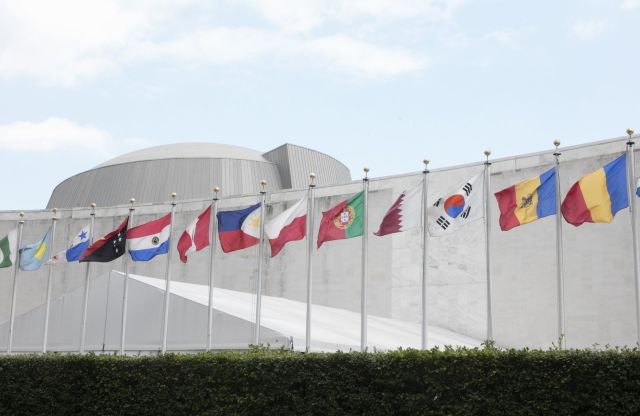The UN Headquarters in New York City (Credit Image: Luiz Rampelotto/EuropaNewswire/DPA/PA Images)

In recent years, the United Nations has been marred by various scandals ranging from the Oil-for-Food scandal in Iraq, in which billions of dollars were lost, to the sexual abuse of minors by peacekeepers in the Central African Republic. Most of these scandals were first exposed by whistleblowers within the UN system, who were subsequently fired, demoted or harassed as a result of their revelations.
In 2005, the UN established an UN Ethics Office, which is supposed to protect UN whistleblowers from retaliation. However, as the Washington-based Government Accountability Project (GAP) has found, more than 95% of UN whistleblowers’ complaints to the Ethics Office never get investigated, and whistleblowers receive little support from this office.
Unfortunately, UN whistleblowers are in for an even harder time. A revised whistleblower protection policy adopted in January 2017 says that whistleblowers face the threat of being “disciplined” if their allegations or complaints are found to be false or based on “rumours”. This means that if a staff member suspects wrongdoing in his or her department, and makes a complaint so that further investigations can be carried out, and then it is determined that there was no wrongdoing (which usually happens as the UN rarely admits to wrongdoing), that staff member could face disciplinary action.
In essence, the revised policy is a gagging order on UN whistleblowers and a significant step backwards in improving accountability and transparency within the UN.
***
Introduction to this Under-reported series.
Summary guide to all under-reported articles in this series.










Join the discussion
Join like minded readers that support our journalism by becoming a paid subscriber
To join the discussion in the comments, become a paid subscriber.
Join like minded readers that support our journalism, read unlimited articles and enjoy other subscriber-only benefits.
Subscribe